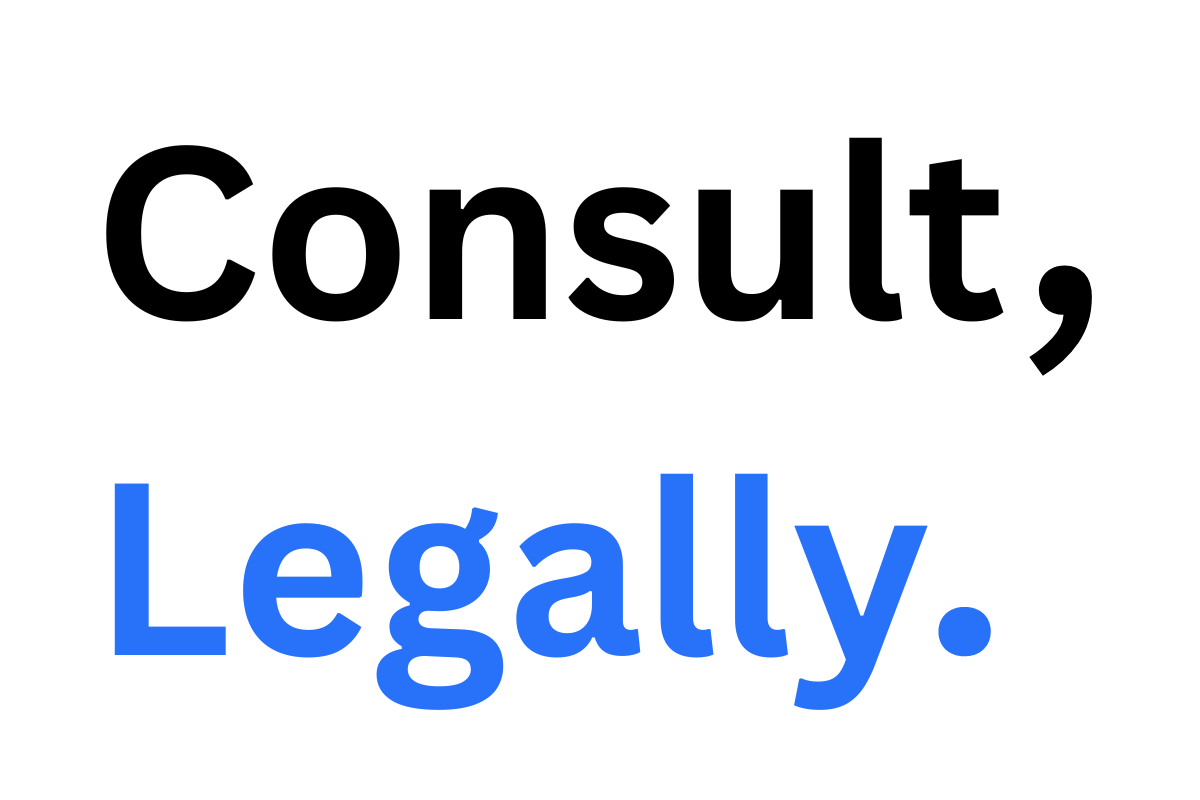Punctuality is a hallmark of professionalism, but lateness can sometimes be unavoidable due to various circumstances. Employers often take measures to ensure timeliness in the workplace, but the question arises: can an employer legally fine employees for being late? This article explores the legal, ethical, and practical aspects of this issue, with a focus on labor laws, employee rights, and employer obligations.
Understanding Employer Fines for Lateness
An employer fine for lateness typically involves deducting a set amount from an employee’s pay or imposing an additional financial penalty. While this may seem like a straightforward approach to enforcing punctuality, its legality and fairness vary depending on local labor laws, the type of employment, and the terms of the employment contract.
Laws Governing Employee Fines
Federal Labor Standards
Under U.S. federal law, employers cannot unilaterally impose fines or deduct money from an employee’s wages unless permitted by law or agreed upon in the employment contract. The Fair Labor Standards Act (FLSA) ensures that employees are paid for all hours worked and prohibits improper deductions that would cause an employee’s pay to fall below the federal minimum wage.
State Labor Laws
In the United States, state labor laws often complement or expand upon federal regulations. For instance:
- California: Employers cannot deduct fines from an employee’s paycheck for tardiness unless authorized by the employee in writing or required by law. The state labor code emphasizes fair compensation and prohibits punitive deductions.
- Texas: Employers may dock pay for lateness but must ensure that the practice does not violate minimum wage laws.
- New York: Employers must provide a clear written policy if they intend to deduct fines, and these deductions must be agreed upon by employees.
International Perspectives
The legality of fining employees varies internationally:
- United Kingdom: Employers can impose fines or deductions for lateness if the practice is explicitly mentioned in the employment contract and complies with the Employment Rights Act 1996.
- India: Labor laws are more protective of employees, and fines for lateness are generally discouraged unless explicitly stated in workplace policies approved by labor authorities.
- Australia: Employers must adhere to the Fair Work Act, which requires that any deductions be authorized and reasonable.
Types of Employment and Impact of Fines
Exempt vs. Non-Exempt Employees
- Exempt Employees: These are salaried employees who are not eligible for overtime pay. Employers cannot typically deduct fines for partial-day absences or lateness without jeopardizing the employee’s exempt status.
- Non-Exempt Employees: These employees are paid hourly and must be compensated for all hours worked. Employers can dock pay for actual time missed but must ensure the deductions comply with minimum wage laws.
Contract vs. At-Will Employment
- Contract Employees: Fines can only be imposed if explicitly outlined in the employment agreement.
- At-Will Employees: Employers have more flexibility but must still comply with federal and state labor laws.
Practical Implications of Fining Employees
Employer Considerations
- Promoting Punctuality: Fines may deter lateness, but they risk creating a negative work environment.
- Reputation Risks: Excessive or unfair fines can damage an employer’s reputation, leading to challenges in attracting and retaining talent.
- Administrative Burden: Enforcing fines requires robust tracking systems and clear documentation to avoid disputes.
Employee Morale and Productivity
- Financial Strain: Fines can impose undue hardship on employees, especially those with lower wages.
- Workplace Tension: A punitive approach may breed resentment, reducing overall morale and productivity.
- Retention Issues: Employees who feel unfairly penalized may seek employment elsewhere.
Alternatives to Fining Employees
Rather than imposing fines, employers can explore alternative strategies to address lateness:
- Incentives for Punctuality: Offering rewards for consistent on-time attendance can be more effective than punitive measures.
- Flexible Work Hours: Allowing staggered start times can accommodate employees with unique challenges, such as childcare or commuting issues.
- Communication and Support: Employers can foster open dialogue to understand the root causes of lateness and provide support where possible.
- Progressive Discipline: Implementing a gradual disciplinary process, starting with warnings and escalating to other measures, ensures fairness.
Scenarios Where Employer Fines May Be Permissible
Clear Employment Policies
Employers can impose fines if they have clear policies that are communicated to employees and agreed upon in writing. For example, a policy might state, “Employees arriving more than 10 minutes late will incur a $10 fine.”
Collective Bargaining Agreements
Unionized workplaces may negotiate policies that include fines for lateness, provided they comply with labor laws.
Industry-Specific Practices
Certain industries, such as transportation or manufacturing, may implement fines to ensure strict adherence to schedules for operational efficiency. However, these fines must still align with legal requirements.
What are the Legal Risks and Penalties for Improper Fines
Employers who impose fines without adhering to legal requirements risk:
- Wage and Hour Claims: Employees can file complaints with state labor boards or the Department of Labor, leading to investigations and potential penalties.
- Civil Lawsuits: Employees may sue for back wages, liquidated damages, and attorney fees.
- Loss of Exempt Status: Improper deductions for exempt employees may result in reclassification, exposing employers to additional liabilities.
- Reputational Damage: Negative publicity from disputes over fines can harm a company’s brand.
What are the Steps Employees Can Take if Fined for Being Late
If an employer fines you for lateness, consider the following steps:
- Review Your Employment Contract: Check whether the fine is authorized under your contract or workplace policies.
- Document the Fine: Keep records of deductions, notices, and related correspondence.
- Communicate with Your Employer: Discuss the issue with HR or management to seek clarification or resolution.
- File a Complaint: If the fine violates labor laws, consider filing a complaint with your state labor agency.
- Consult an Employment Attorney: Seek legal advice to explore options for recovering improperly deducted wages.
Conclusion
Fining employees for lateness is a contentious practice that raises legal, ethical, and practical concerns. While employers may impose fines in specific circumstances, they must adhere to labor laws and ensure their policies are clear, fair, and transparent. For employees, understanding your rights and taking proactive steps to address unjust fines can help protect your financial well-being.
Ultimately, fostering a positive work environment with mutual respect and understanding is a more sustainable approach to addressing punctuality than punitive measures like fines. Both employers and employees benefit when issues are resolved through collaboration rather than conflict.

